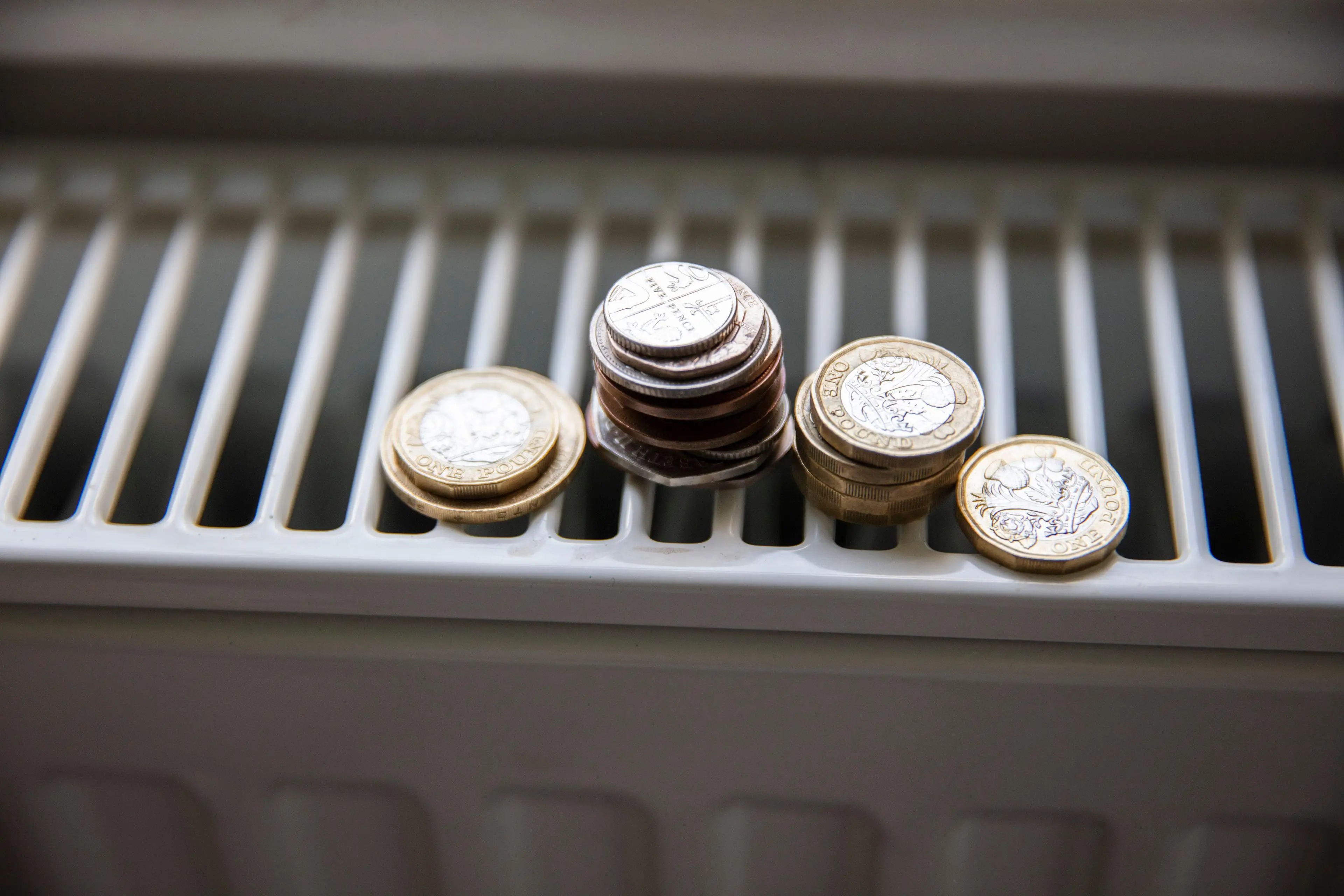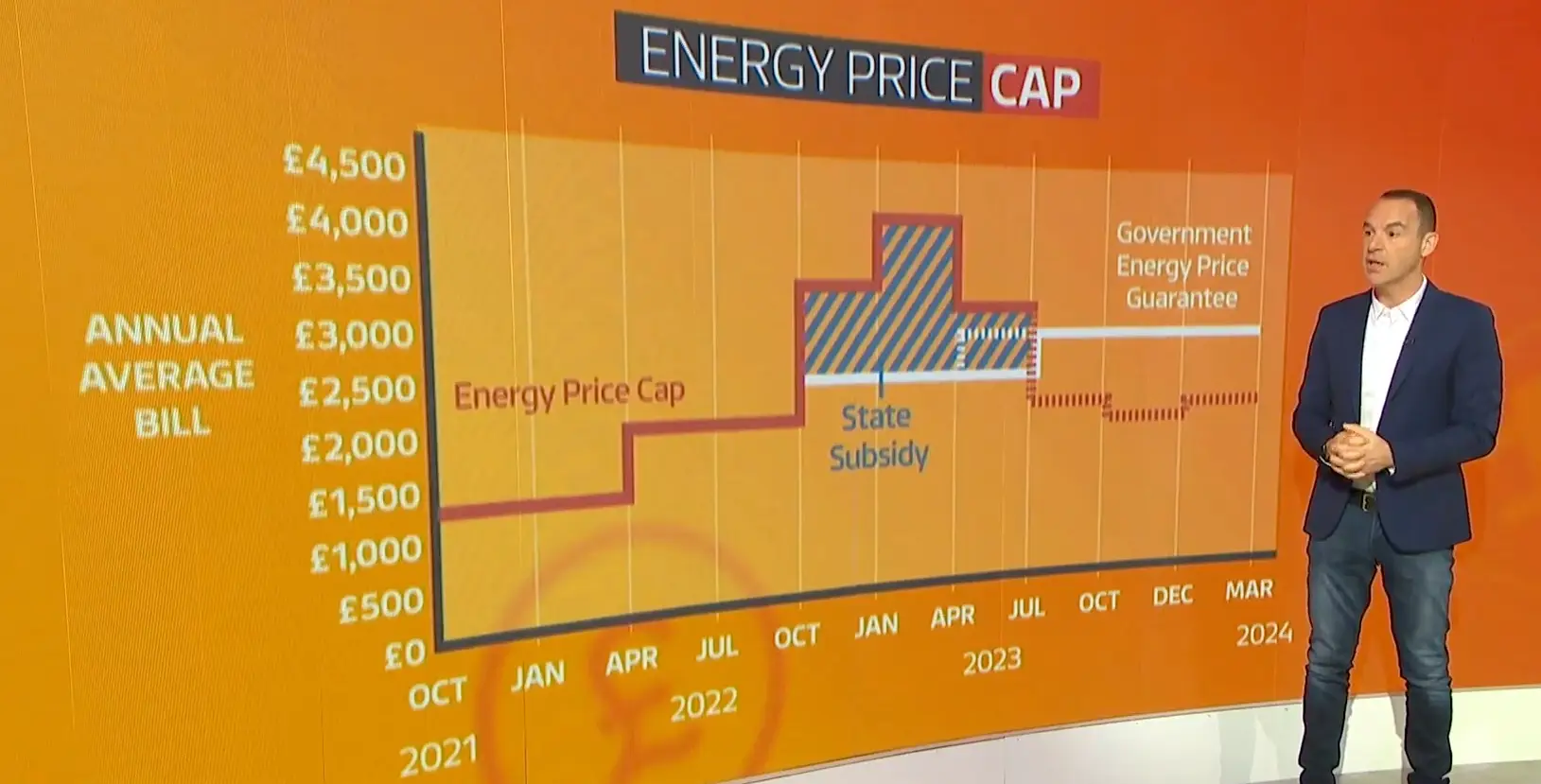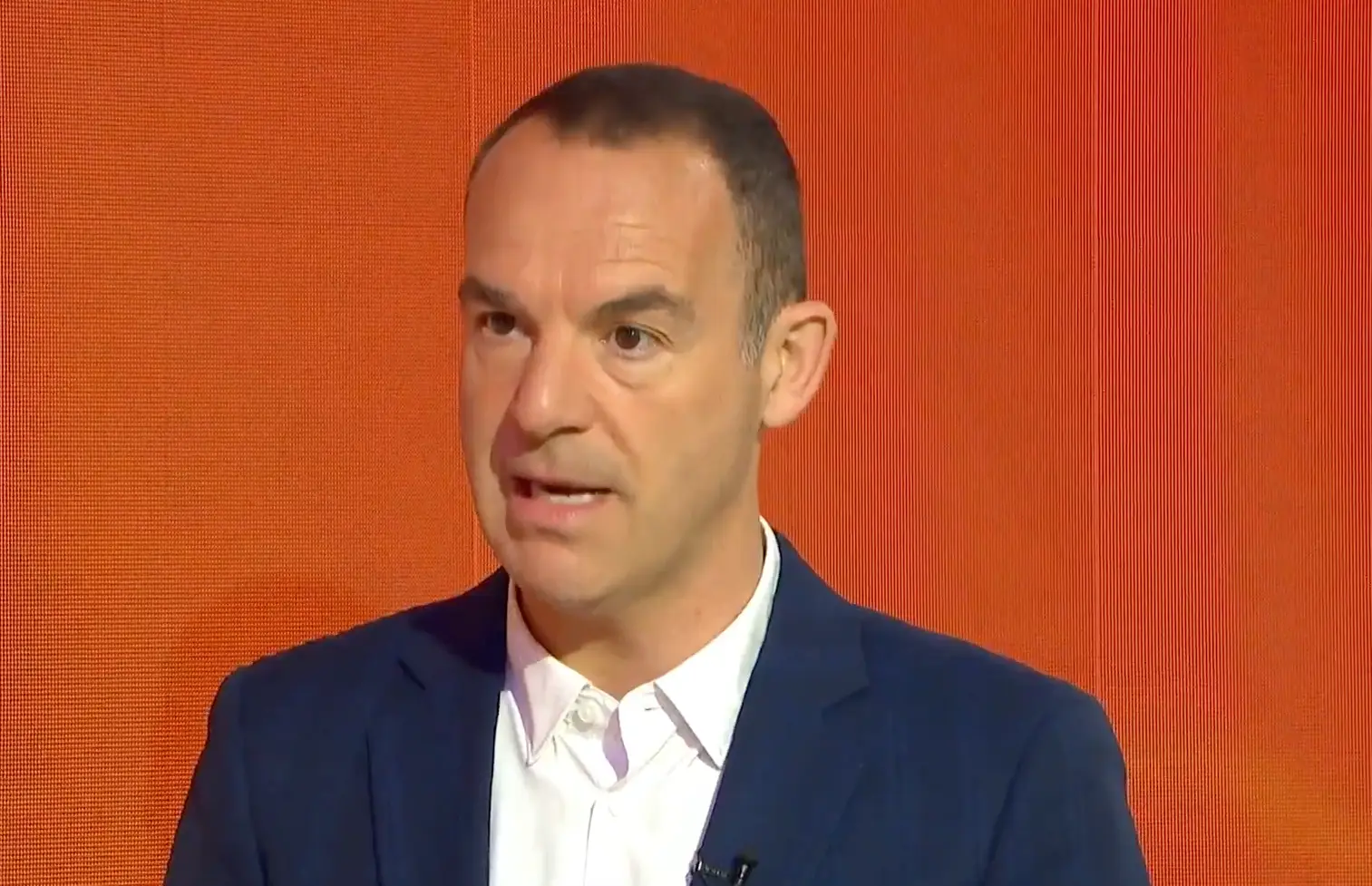Money saving expert Martin Lewis has revealed how much energy bills will drop amid Ofgem's price cap cut.
While the energy price cap was previously set at £3,280 per year, the Government decided to create an artificial cap of £2,500 due to the cost-of-living crisis.
But this morning's (25 May) announcement of a price cap cut marked the first time people on default tariffs will see their prices fall since the global gas crisis took place more than 18 months ago.
Advert
At its peak, the price cap reached £4,279.

Ofgem Chief Executive, Jonathan Brearley, explained: "After a difficult winter for consumers it is encouraging to see signs that the market is stabilising and prices are moving in the right direction.
"People should start seeing cheaper energy bills from the start of July, and that is a welcome step towards lower costs.
"However, we know people are still finding it hard, the cost-of-living crisis continues and these bills will still be troubling many people up and down the country.
"Where people are struggling, we urge them to contact their supplier who will be able to offer a range of support, such as payment plans or access to hardship funds."
Amid this morning's announcement, the founder of the MoneySavingExpert.com confirmed to ITV’s Good Morning Britain, that energy bills will drop - on average - by 17 percent, as a result.
This suggests that the average household, which currently pays no more than £2,500 a year for gas and electricity, will now pay an average of £2,074 - a reduction of £426.
Notably, the exact amount you pay per month will depend on how much you use.

Lewis explained: "From 1 July, energy bills will no longer be subsidised by the state, as Ofgem is thankfully dropping the Price Cap below the Government’s Energy Price Guarantee for the first time since it was introduced.
"Bills will drop by an average 17 percent, meaning for every £100/mth people pay today, they will typically be paying £83/mth from July.
"This will be a relief for many, yet most will still be paying more for their energy than during the winter.
"This is because, apart from for those with high use, the drop in the rates doesn’t make up for the £66 per month state support people got until April – and most are on monthly direct debit, which means they pay the same in summer as winter.
"Overall, this still leaves people paying double or more what they did before the energy crisis hit in October 2021."

"The fact the state is paying far less than planned to support people’s bills means there is some wriggle room here for targeted support for another hard winter coming for those who are just above the benefits threshold," he added.
"Though I’m not holding out much hope that it’ll happen.
"The moral hazard of high standing charges continues too.
"The reduction is all off the unit rate. It will still cost roughly £300/yr just for the facility of having gas and electricity. This perversely means the less you use, the less you save.
"I and many others have pushed Ofgem on this, to little avail, though it is launching a consultation on operating costs which impact this and may help a bit in the future."
Topics: Martin Lewis, Money, UK News, Home